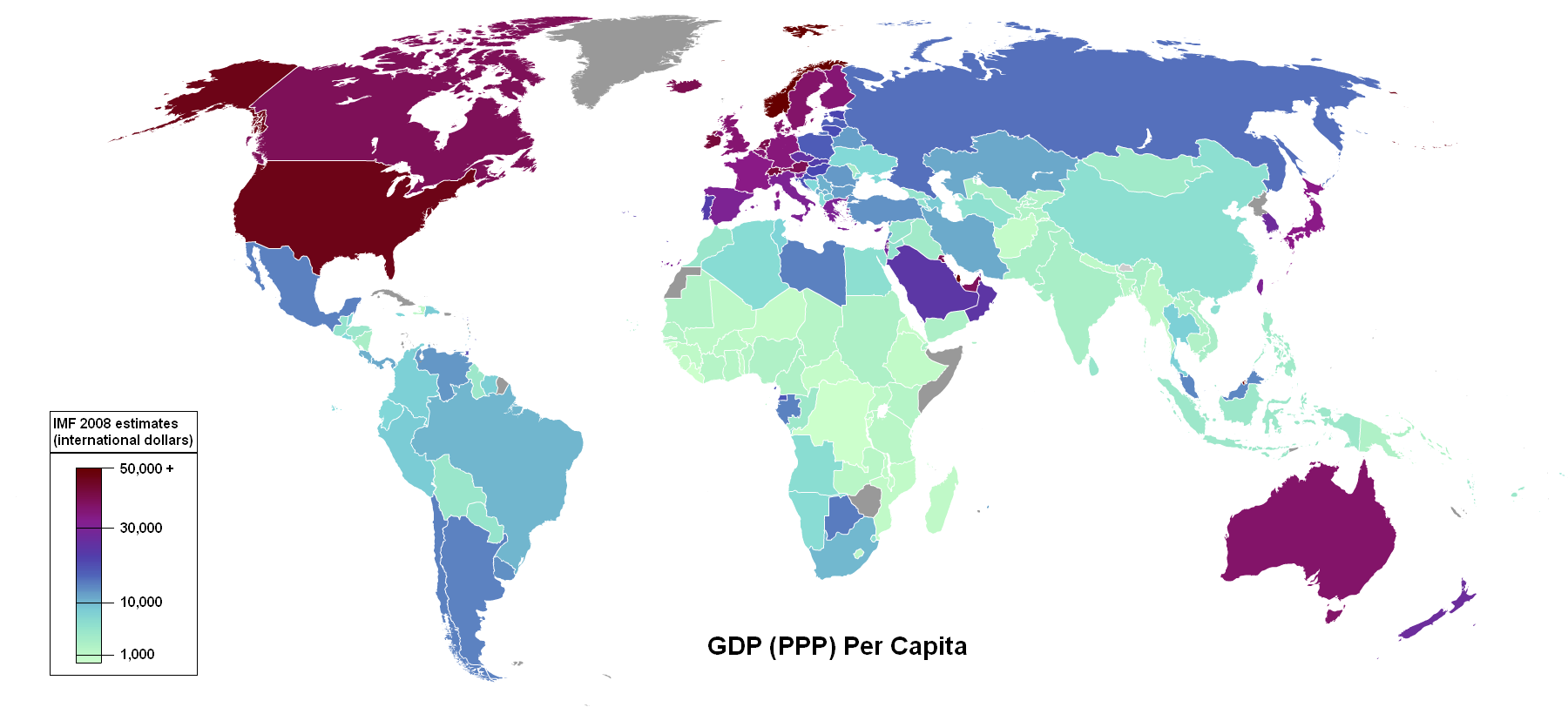 |
| Photo credit: The Economist (also, an article worth reading) |
In case you haven’t been following recent developments in the Middle East/North Africa region other than Libya—and let’s face it, it’s my academic guilty pleasure so I can hardly expect everyone to—Turkey and Israel are at it again. The briefest outline goes a little something like this: 9 Turkish citizens are killed as part of an aid flotilla to the West Bank, Turkey demands an apology, Israel refuses to apologize, the UN investigation is leaked which calls the actions of the Israeli commandos unnecessary but also does not call the blockade illegal, Israel still refuses to apologize, Turkey expels the Israeli ambassador, Israeli FM approaches the internationally recognized Kurdish terrorist group the PKK with talk of support, the PKK also demands an apology, Turkish PM visits Cairo, there is an attack on the Israeli embassy in Cairo. With Turkish threats of warship escorts, and Israel just not being cooperative, the U.S. is stuck between a rock and a hard place this week at the UN.




